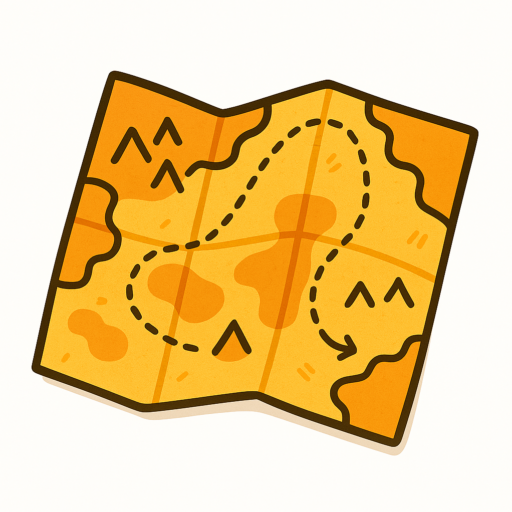*This article is part of the TOK Roadmap — a visual, all-in-one guide I created to help you ace Theory of Knowledge. [View the full roadmap here.]
In this post, I present
- 35 Exhibition (IA) prompts
- Tips and mistakes to avoid when choosing a prompt
35 TOK Exhibition (IA) prompts
- What counts as knowledge?
- Are some types of knowledge more useful than others?
- What features of knowledge have an impact on its reliability?
- On what grounds might we doubt a claim?
- What counts as good evidence for a claim?
- How does the way that we organize or classify knowledge affect what we know?
- What are the implications of having, or not having, knowledge?
- To what extent is certainty attainable?
- Are some types of knowledge less open to interpretation than others?
- What challenges are raised by the dissemination and/or communication of knowledge?
- Can new knowledge change established values or beliefs?
- Is bias inevitable in the production of knowledge?
- How can we know that current knowledge is an improvement upon past knowledge?
- Does some knowledge belong only to particular communities of knowers?
- What constraints are there on the pursuit of knowledge?
- Should some knowledge not be sought on ethical grounds?
- Why do we seek knowledge?
- Are some things unknowable?
- What counts as a good justification for a claim?
- What is the relationship between personal experience and knowledge?
- What is the relationship between knowledge and culture?
- What role do experts play in influencing our consumption or acquisition of knowledge?
- How important are material tools in the production or acquisition of knowledge?
- How might the context in which knowledge is presented influence whether it is accepted or rejected?
- How can we distinguish between knowledge, belief and opinion?
- Does our knowledge depend on our interactions with other knowers?
- Does all knowledge impose ethical obligations on those who know it?
- To what extent is objectivity possible in the production or acquisition of knowledge?
- Who owns knowledge?
- What role does imagination play in producing knowledge about the world?
- How can we judge when evidence is adequate?
- What makes a good explanation?
- How is current knowledge shaped by its historical development?
- In what ways do our values affect our acquisition of knowledge?
- In what ways do values affect the production of knowledge?
Source: IBO
Tips for choosing a prompt/Mistakes to avoid:
- Pay attention to keywords in each question and understand carefully what they mean.
- Consider Prompt #12 “Is bias inevitable in the production of knowledge?” The keywords are ‘bias’, ‘inevitable’ and ‘production of knowledge.’ Notice it’s not about ‘perception of knowledge’ or ‘evaluation of knowledge’ (the knowledge framework!) So talking about how we as humans inherently inject our bias when learning something new would be totally irrelevant to this prompt.
- After analyzing these keywords, choose a prompt that you find most interesting, and preferably one that you feel like you fully understand.
If you don’t feel like what you chose is working for you, you can always change it. So don’t stress! Even if you’re short on time, it’s worth choosing a prompt you connect with and fully understand, so spend some time exploring the titles.

Leave a Reply